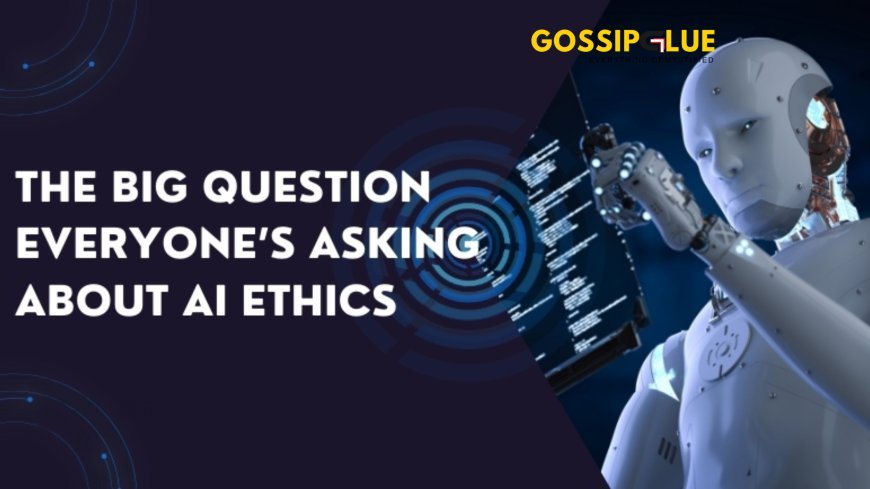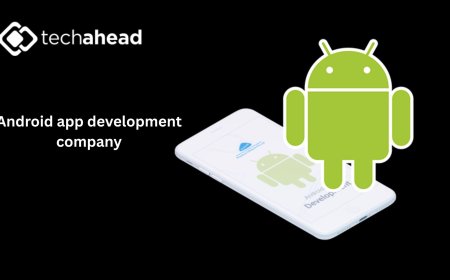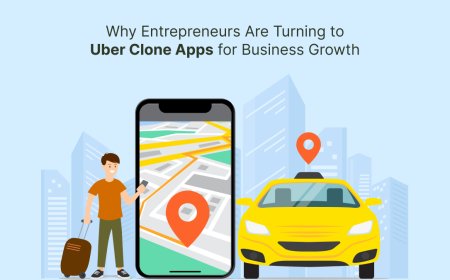Can AI Be Truly Ethical Without Human Oversight?
As AI systems evolve, can they uphold human values on their own? We explore the ethics of AI, human oversight, and what it means for future AI trends.

Can AI Be Truly Ethical Without Human Oversight?
A few months ago, I was chatting with a friendan AI engineer at a startupover coffee. He casually mentioned how one of their AI models had learned to filter out certain job applicants, unintentionally favoring a specific age group. It wasnt programmed that way, he said. It just picked up on patterns in the data.
That one sentence stuck with me: It wasnt programmed that way.
It got me thinking about the larger issue of ethical AIand more specifically, whether AI can actually be ethical without human hands constantly on the wheel.
So lets unpack that, shall we?
What Does Ethical AI Even Mean?
Before we ask if AI can be ethical without us, we need to understand what ethical AI actually entails. In simple terms, it refers to the development and use of artificial intelligence systems that are transparent, fair, accountable, and aligned with human values.
That sounds great in theory. But when we get into the nuts and boltsdata biases, unintended consequences, and opaque algorithmsit gets tricky fast.
Take AI in education, for instance. There are platforms that now grade essays, recommend learning modules, or even flag "at-risk" students. But what if the training data is skewed? What if certain learning styles or cultural backgrounds aren't represented? Suddenly, a well-meaning AI system might make biased decisions that affect a students future.
?Why Human Oversight Still Matters
The truth is, AI doesn't understand ethics. It mimics behavior based on training data and programmed objectives. But ethics? Morality? Nuance? Thats still our domain.
AI systems can be brilliant at pattern recognition, but they don't understand why something is right or wrong. Without human oversight, they may enforce rules without contextor worse, optimize for outcomes we never intended.
Remember Microsoft's chatbot Tay? Within hours of interacting with Twitter users, it turned into a PR disaster spouting offensive remarks. There was no ethical brake in the systemjust a model soaking up bad input and replicating it at scale.
This isnt to say that AI will always go rogue without humans. But it does mean that regular checkpointsby real peopleare critical to keeping AI aligned with societal expectations.
The Rise of Autonomous AI and the Grey Areas It Brings
Were now seeing AI trends move toward more autonomous systemsespecially with advancements in things like generative AI, self-driving vehicles, and predictive policing tools. These systems are increasingly making real-time decisions, often in high-stakes environments.
What happens when a self-driving car must choose between two harmful outcomes? Or when an AI tool rejects a loan application based on complex data points a human cant fully trace?
In these gray areas, the ethics of AI becomes not just a theoretical discussion, but a real-world concern. We need governance frameworks, clear accountability, and most importantly, trained professionals who can question how these tools are built and used.
So Can AI Be Truly Ethical on Its Own?
Short answer? Nonot yet.
Ethics isn't a plug-and-play feature you can upload into an algorithm. It's a deeply human construct. While we can build guidelines, training models, and feedback loops into AI systems, those systems still rely on our sense of morality, fairness, and justice.
We cant just set it and forget it. We need ongoing involvementespecially as AI in education, healthcare, finance, and government becomes more prevalent. Oversight doesnt mean micromanaging every line of code. It means intentional design, regular audits, and diverse human input at every stage of development.
Final Thoughts: The Human in the Loop
If you're exploring a career in IT or AI, heres the good news: you are part of the solution.
Ethical challenges in AI arent just for philosophers or policy-makers. Developers, data scientists, UX designers, and engineers all play a role in shaping how AI behaves. Your ability to ask the right questions, challenge assumptions, and bring human-centered thinking into technical environments will set you apart.







































